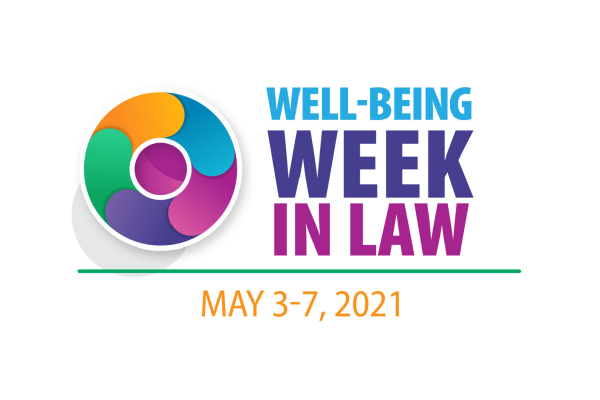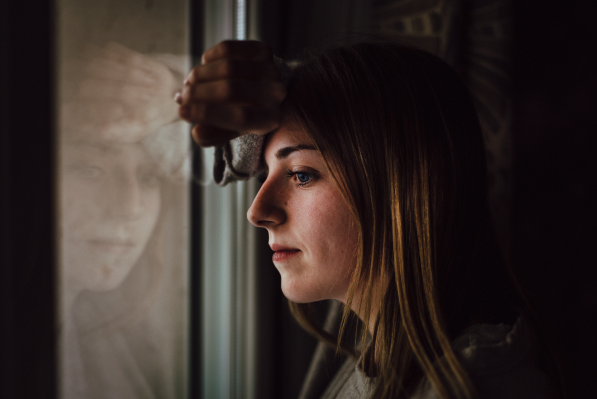A new study published this month in the Journal of Addiction Medicine confirms that lawyers have higher than average rates of alcohol abuse, depression and stress. The Hazelden Betty Ford Foundation and the American Bar Association Commission on Lawyer Assistance Programs (CoLAP) collaborated in a survey of over 12,000 attorneys in 19 states (not including Massachusetts). We know that the legal profession is a stressful profession with prior studies showing higher rates of alcohol abuse and depression than the general population, but find it gravely concerning that the levels of substance abuse, depression and stress remain so high, particularly among younger attorneys.
The study found that approximately 21% of licensed, employed lawyers qualify as problem drinkers, 23% suffer with significant stress, 19% demonstrated symptoms of anxiety, and 28% suffer with some level of depression. Given the robustness of the study, it is safe to assume that the findings would generalize to Massachusetts lawyers. This would mean that, of the approximately 59,000 licensed attorneys in Massachusetts, 12,000 would qualify as problems drinkers, 13,000 suffer with significant stress, 11,000 demonstrate symptoms of anxiety, and 16,000 suffer with some level of depression. An important concern highlighted by the study is that the majority of lawyers did not seek treatment for these problems; their reluctance was mostly associated with concerns about privacy and that others would find out they had a problem.
Lawyers Concerned for Lawyers, Inc. (LCL) welcomes this in-depth study of attorney well-being which helps focus attention on the significant needs of the legal profession for professional help, such as that provided by our organization. As the only lawyer assistance program in Massachusetts, LCL provides support for attorneys that abuse alcohol or drugs, but also has mental health clinicians to help those suffering from depression, anxiety, stress or other mental health issues. LCL works diligently with individual attorneys, law firms, and legal organizations such as the Massachusetts Bar Association, Boston Bar Association, Women’s Bar Association and many others to provide help to Massachusetts attorneys in need. Lawyers and law students who come to us for professional assistance can be assured of the same level of confidentiality required of any licensed mental health provider. No attorney should hesitate to seek help due to concerns of privacy.
This study may be found here:
Shawn Healy, PhD



